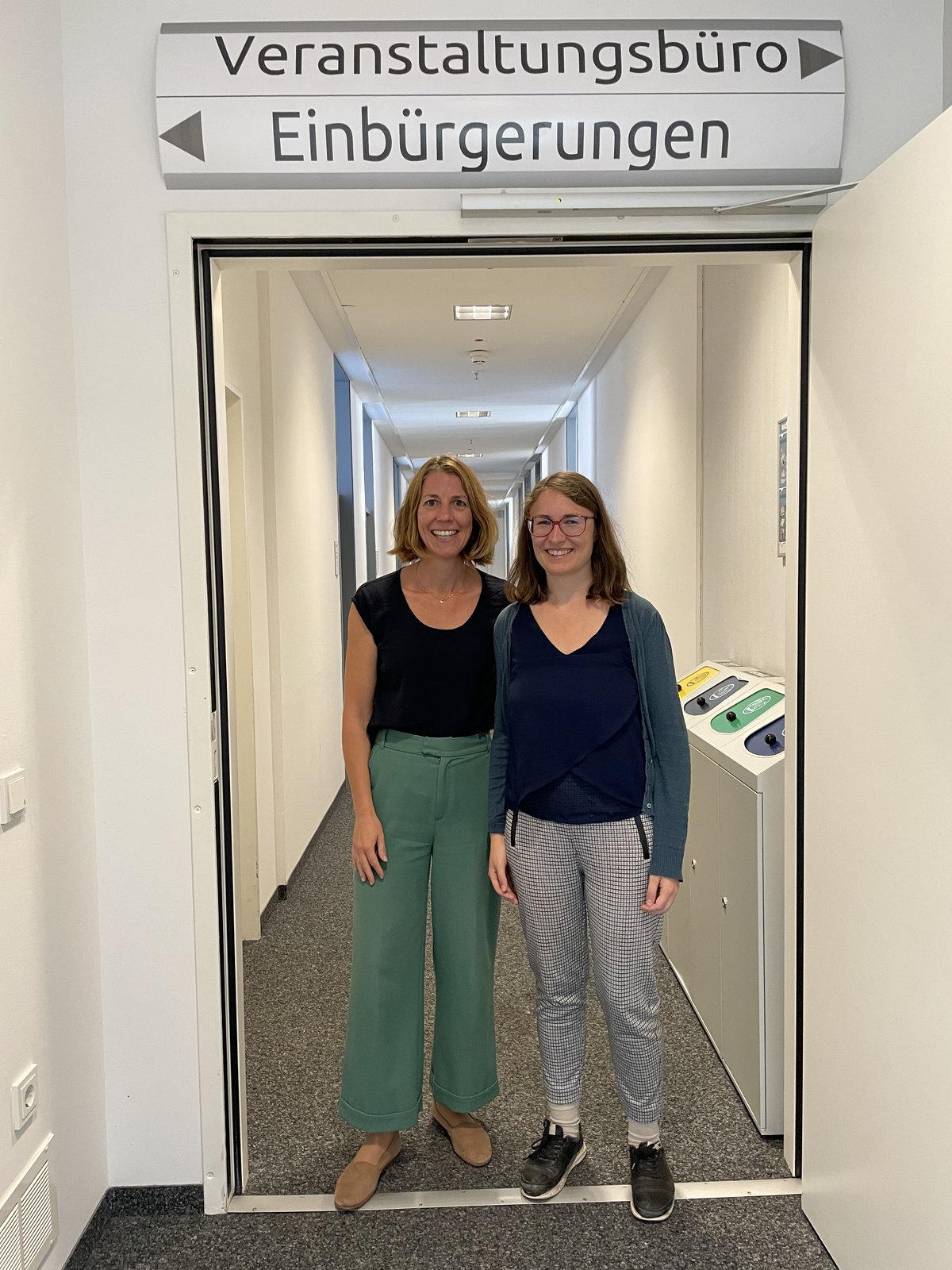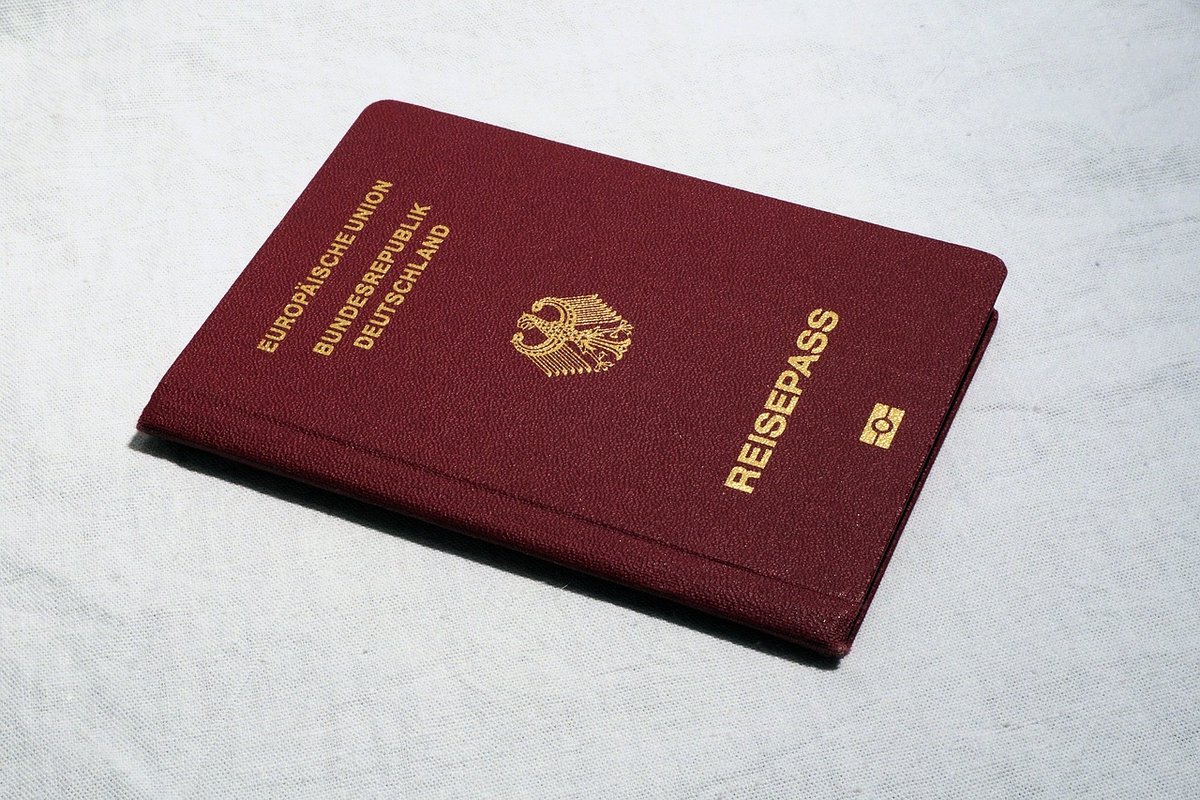Complementary Module to the Project "Administrative Inequality: The Case of Foreign Nationals in Germany (AdmIn)".
Project Description
Aims and central research questions
Germany is one of the world’s major countries of immigration, but compared to other OECD countries, the rate at which immigrants become German citizens remains low. While previous studies have focused on what motivates immigrants to apply for citizenship, AdmInCit will shed light on how frontline bureaucrats decide on such requests. In particular, we focus on the conditions under which bureaucrats grant dual citizenship to third-country (non-EU) nationals. Surveys have shown that dual citizenship is highly relevant to foreigners seeking naturalization. The Länder are tasked to implement federal citizenship law in the German federal system. We, therefore, expect territorial inequalities arising from the naturalization process between different regions and counties and county-free cities. Whether this is really the case we research through combining aggregate analysis of citizenship rates with data originating from qualitative interviews with experts from within and around local citizenship offices.
Background
The project contributes to the field of migration and citizenship studies that has so far neglected the street-level bureaucracy of naturalization. So far, we know little about how street-level bureaucrats decide on citizenship requests and which factors influence these decisions. This research gap we want to address with our project.

Methods
- Quantitative analysis of the predictors of territorial inequalities in naturalization rates and dual citizenship rates across German counties and Länder.
- Qualitative Analysis based on interviews with bureaucrats working in citizenship offices and people with knowledge of naturalization processes in Germany.
Disciplines
Political Science and Law
Starting date
October 2021
Literature
Publications
Gundacker, Lidwina, Yuliya Kosyakova, and Gerald Schneider. 2024. How Regional Attitudes towards Immigration Shape the Chance to Obtain Asylum: Evidence from Germany. Migration Studies, March, mnae002. https://doi.org/10.1093/migration/mnae002.
Schneider, Gerald. 2021. Vertrauen Ist Gut, Replikation Ist Besser : Für Eine Evidenz-Basierte Asylpolitik : Replik Auf Ursula Gräfin Praschma. Zeitschrift Für Ausländerrecht Und Ausländerpolitik (ZAR) 41 (1): 10–14.
Manatschal, Anita, Wisthaler, Verena & Christina I. Zuber. 2020. Making regional citizens? The political drivers and effects of subnational immigrant integration policies in Europe and North America. Regional Studies 54 (11): 1475-1485 Open access.
Zuber, Christina. 2020. Explaining the immigrant integration laws of German, Italian and Spanish regions: Sub-state nationalism and multi-level party politics. Regional Studies 54 (11): 1486-1497.

